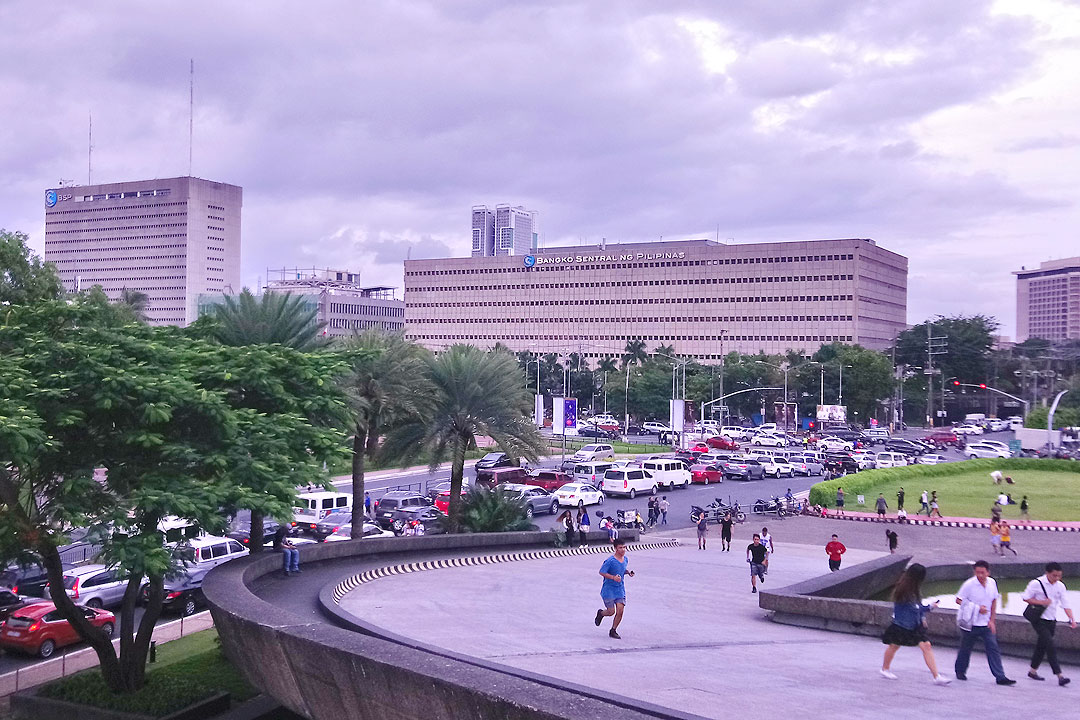BSP proposes 3% RRR on digital banks
THE BANGKO Sentral ng Pilipinas (BSP) is proposing to initially align the reserve requirements of digital banks with thrift lenders as both are targeting the same market and offer similar financial products. Under a draft circular released...

THE BANGKO Sentral ng Pilipinas (BSP) is proposing to initially align the reserve requirements of digital banks with thrift lenders as both are targeting the same market and offer similar financial products.
Under a draft circular released by the BSP, digital banks will generally be subjected to the same standards and prudential requirements imposed on traditional lenders.
One of the key provisions is that digital banks will have to keep a reserve requirement ratio (RRR) of 3%, which is similar to the current level for thrift lenders. In comparison, the RRR of big banks and rural lenders is pegged at 12% and 2%, respectively.
“The policy proposal is to initially align the RRR of digital banks with those of thrift banks, considering the current similarity in their target markets and the type of financial services they offer,” BSP Assistant Governor Lyn I. Javier said in a Viber message.
Ms. Javier said the central bank may adjust the RRR for digital banks “as needed consistent with its price and financial stability objectives.”
Under the draft circular, digital banks will be required to comply with all prudential requirements set by the BSP for the conduct of business. These include requirements for corporate governance, risk management (particularly on information technology and cybersecurity), outsourcing, consumer protection, and anti-money laundering, among others.
“They will be subject to the same standards and prudential requirements because they are exposed to the same types of risks as any other bank,” Ms. Javier said.
The central bank released the digital banking framework last year which differentiated these lenders from universal, commercial, thrift, rural, cooperative, and Islamic banks.
These digital banks are required to maintain a minimum capital requirement of P1 billion, which is also stressed in the draft circular.
Unlike other banks that need to have brick-and-mortar branches, digital banks do not need to establish branches but only have to have a main headquarters.
Based on the proposed regulation, digital banks will be required to have at least one member of its board of directors and a senior management officer to have a minimum of three-year experience and technical knowledge in operating a business in the field of technology or e-commerce.
Earlier this week, BSP Governor Benjamin E. Diokno said the central bank will cap the current digital bank licenses at six.
Mr. Diokno has said the central bank is likely to keep the application for new digital banks closed for the next three years to assess the development of the new lenders and the competitive landscape.
The six digital bank licenses were given to state-owned Overseas Filipino Bank, Tonik Digital Bank, Inc. (Philippines), UNObank, Aboitiz-led Union Digital Bank, GOTyme led by the Gokongwei Group and Tyme, and Maya Bank of Voyager Innovations, Inc.
The proposed BSP circular likewise stressed that other banks operating with a different license type are not allowed to represent themselves as digital banks, even if they also offer online services. They are prohibited to describe themselves as digital banks through media, websites, or mobile applications, among others.
“Only a bank granted with digital banking license may represent itself to the public as such. The policy draft proposes that banks belonging to other bank categories may represent themselves as a bank offering ‘digital banking products or services’ or other equivalent terms/phrases,” Ms. Javier said, noting these specific provisions are already in line with Circular 1105 that laid down the guidelines for the establishment of digital banks.
Prior to the release of the digital banking framework in 2019, some banks with a different license type already allowed its clients to access financial services including bank account opening, deposits, and loans all through an online platform. These include CIMB Bank Philippines, Inc., ING Bank N.V. Manila, as well as the Komo app of East West Banking Corp. Last year, Rizal Commercial Banking Corp. also launched Diskartech app. — Luz Wendy T. Noble


















